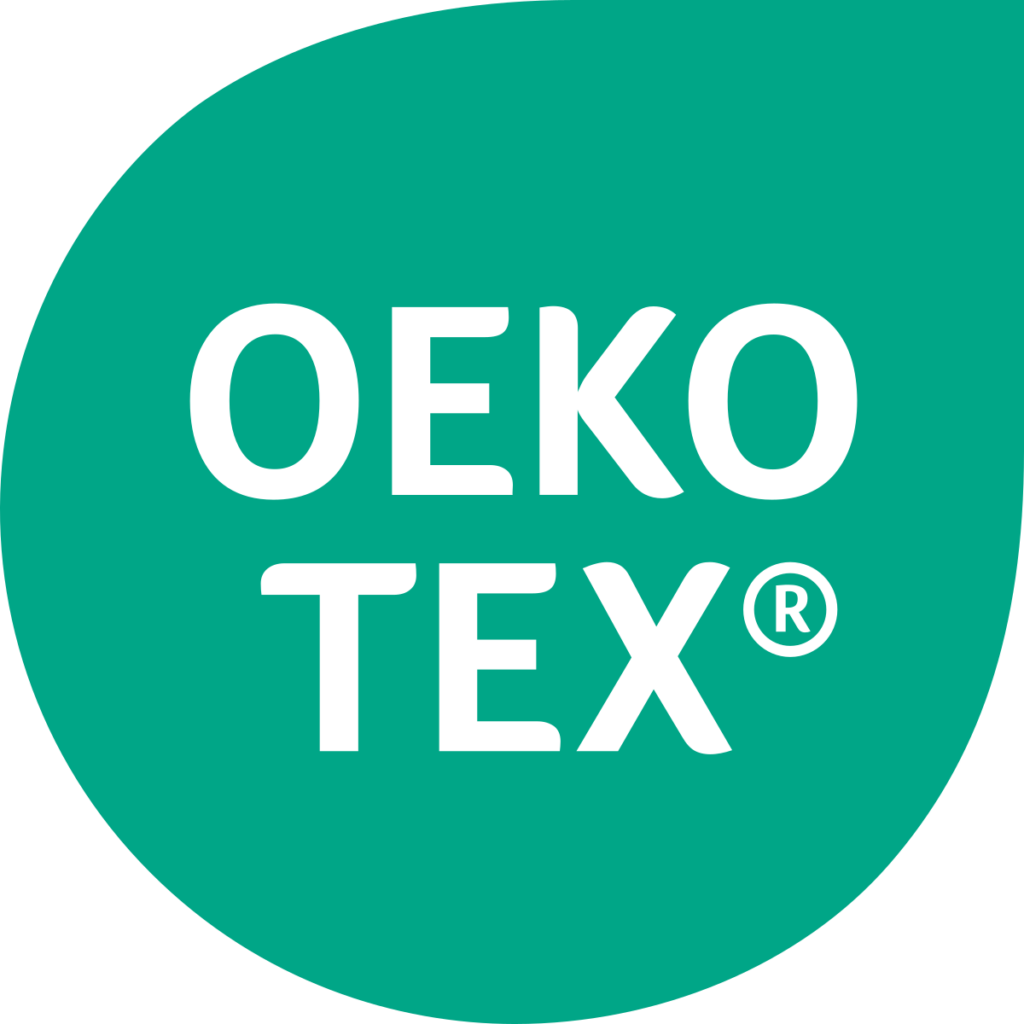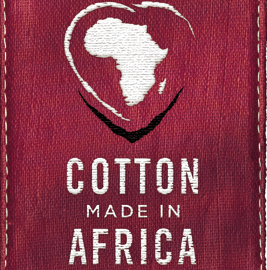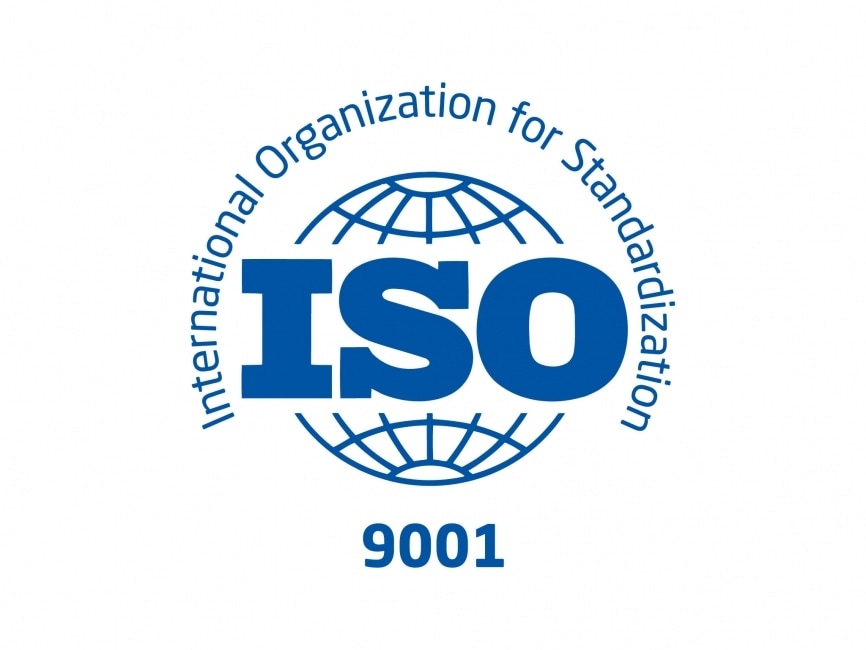A certain awareness of environmental and social imperatives defines the selection of materials, the choice of partners, and the structure of operations. The objective is to design efficient and traceable supply chains that generate value while reducing overall impact.
Choice of raw materials
Priority is given to natural and renewable resources : cotton, wool, wood, and other bio-based materials.
Each category undergoes a structured evaluation process to identify production systems combining ecological responsibility, technical performance, and long-term reliability.
Local processing
Whenever feasible, transformation and finishing are carried out within the same regions where raw materials originate.
This localised model shortens supply chains, mitigates traceability risks, and limits emissions associated with long-distance transport.
The approach reinforces consistency between extraction, transformation, and distribution.
Traceability and transparency
Traceability is treated as a structural principle of operation.
Each supply chain is mapped to verify compliance with environmental and social standards.
Collected data (covering water use, energy consumption, and greenhouse gas emissions) enables measurement and continuous improvement across all stages of production.
Certifications
Certifications establish verifiable benchmarks for responsible practice and provide a standardised global language of quality.
Partner factories and cooperatives operate under valid certifications issued by recognised independent institutions.

OEKO-TEX® Standard 100
The label guarantees that textile products are free from substances harmful to human health, thus ensuring product safety.

CMiA (Cotton made in Africa)
The certification promotes social, economic, and environmental sustainability in African cotton production, supporting sustainable agricultural practices.

ISO 9001:2015
World’s most widely used quality management standard, it ensures that every production site has robust quality control processes in place.
